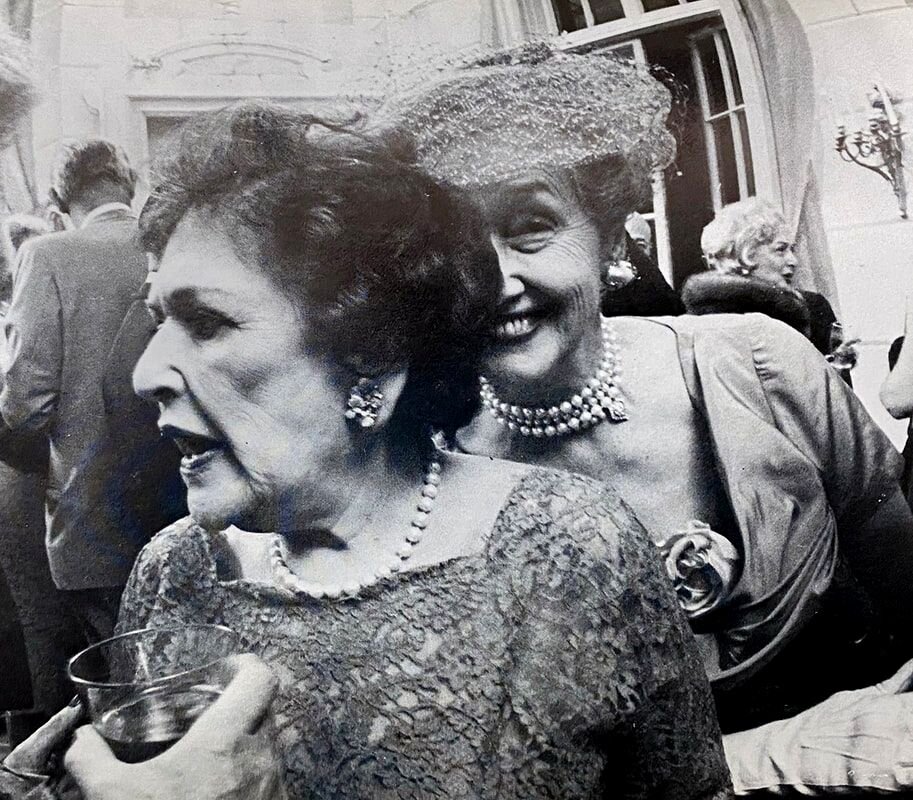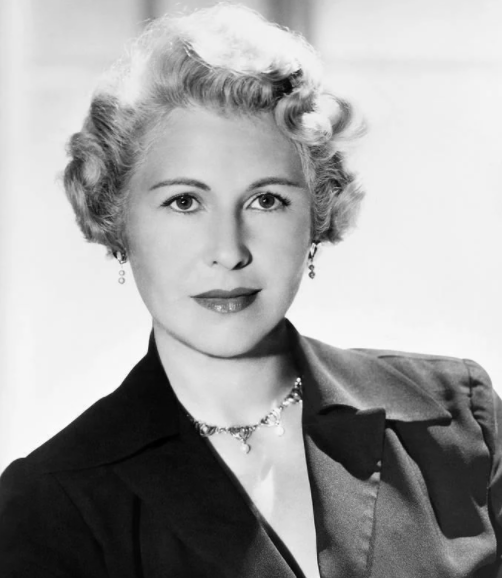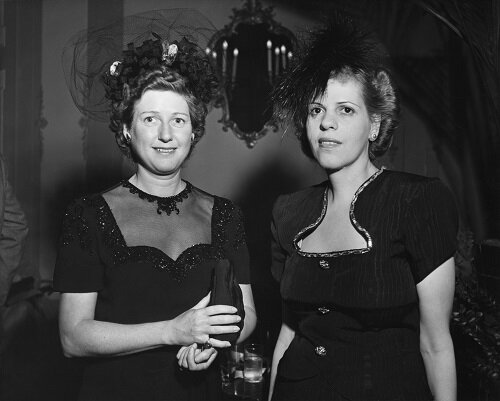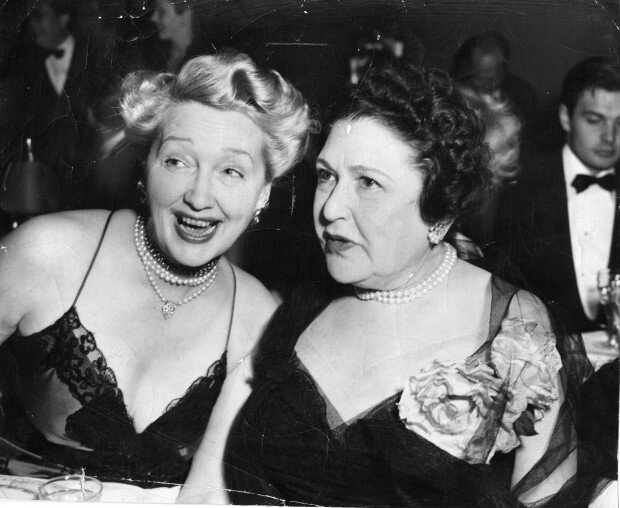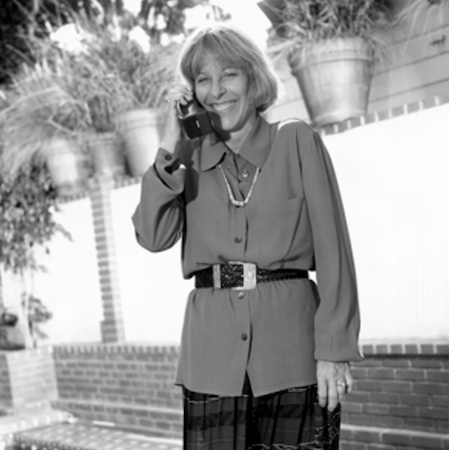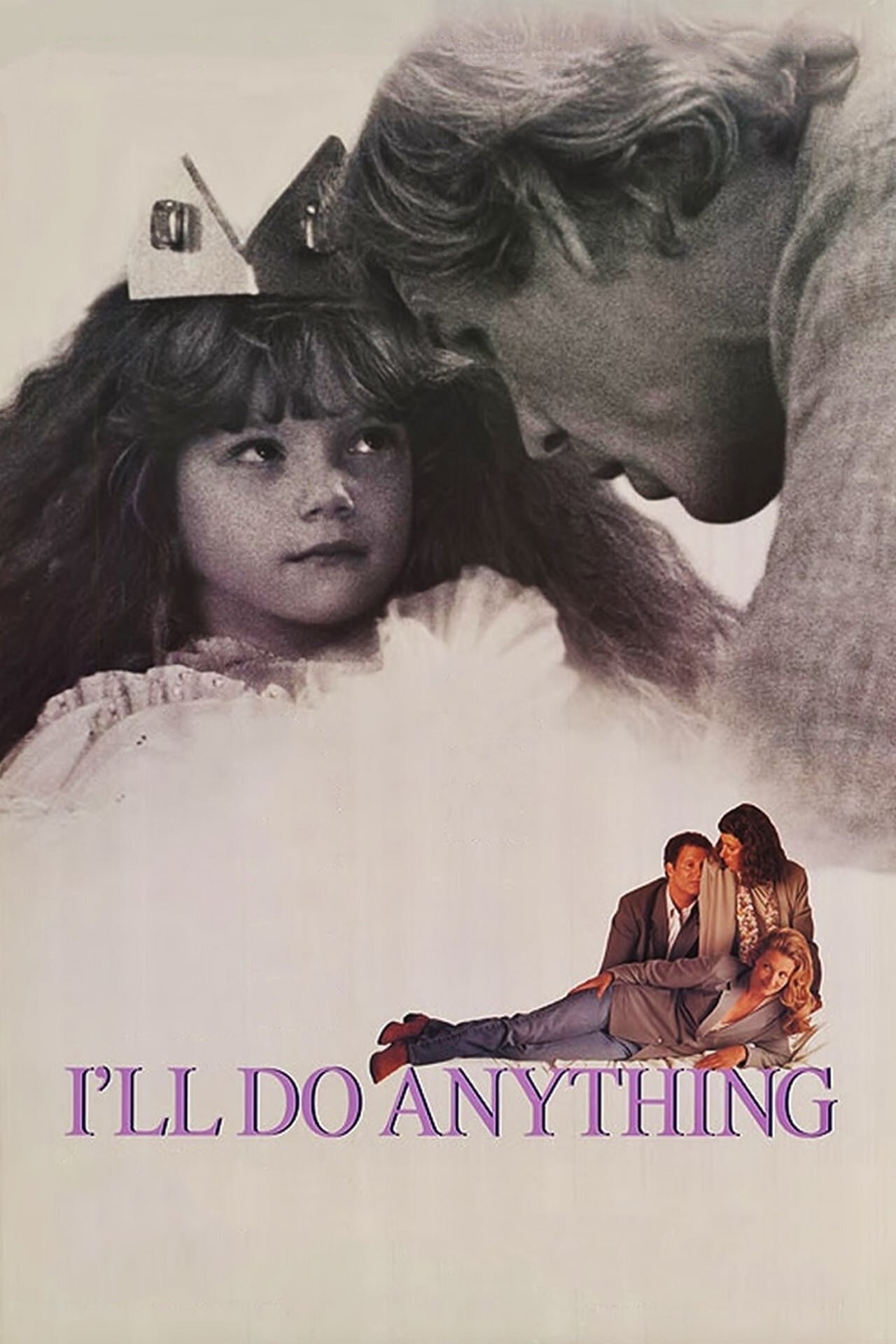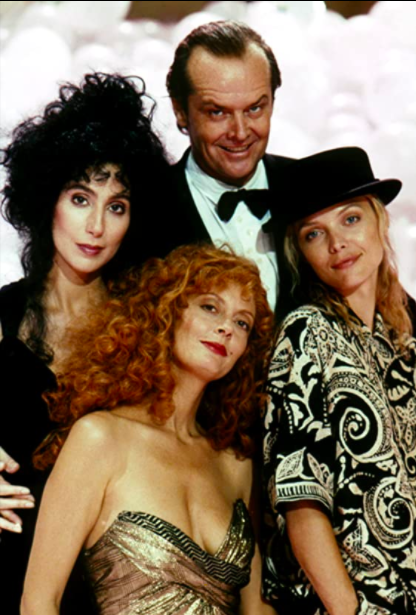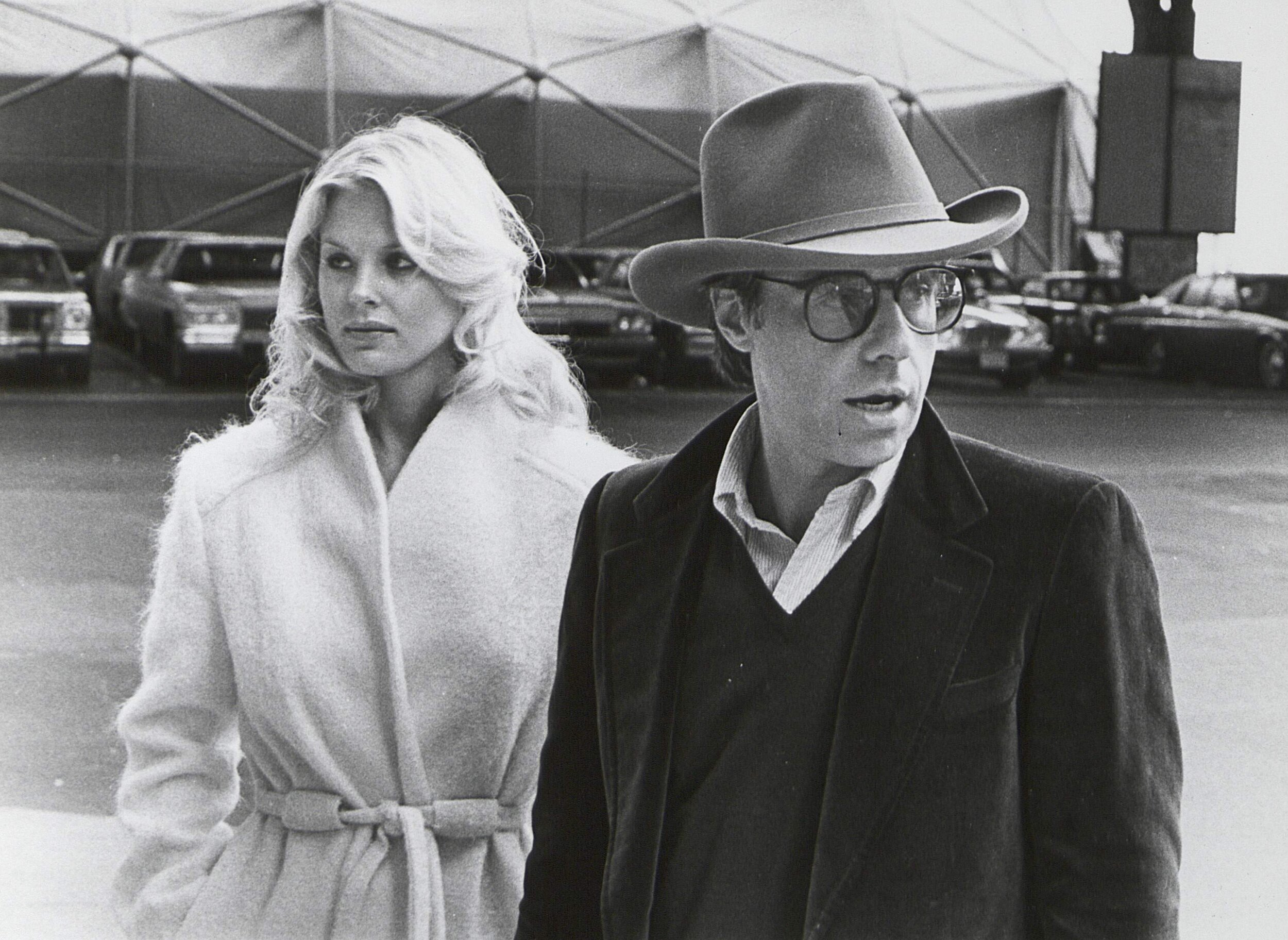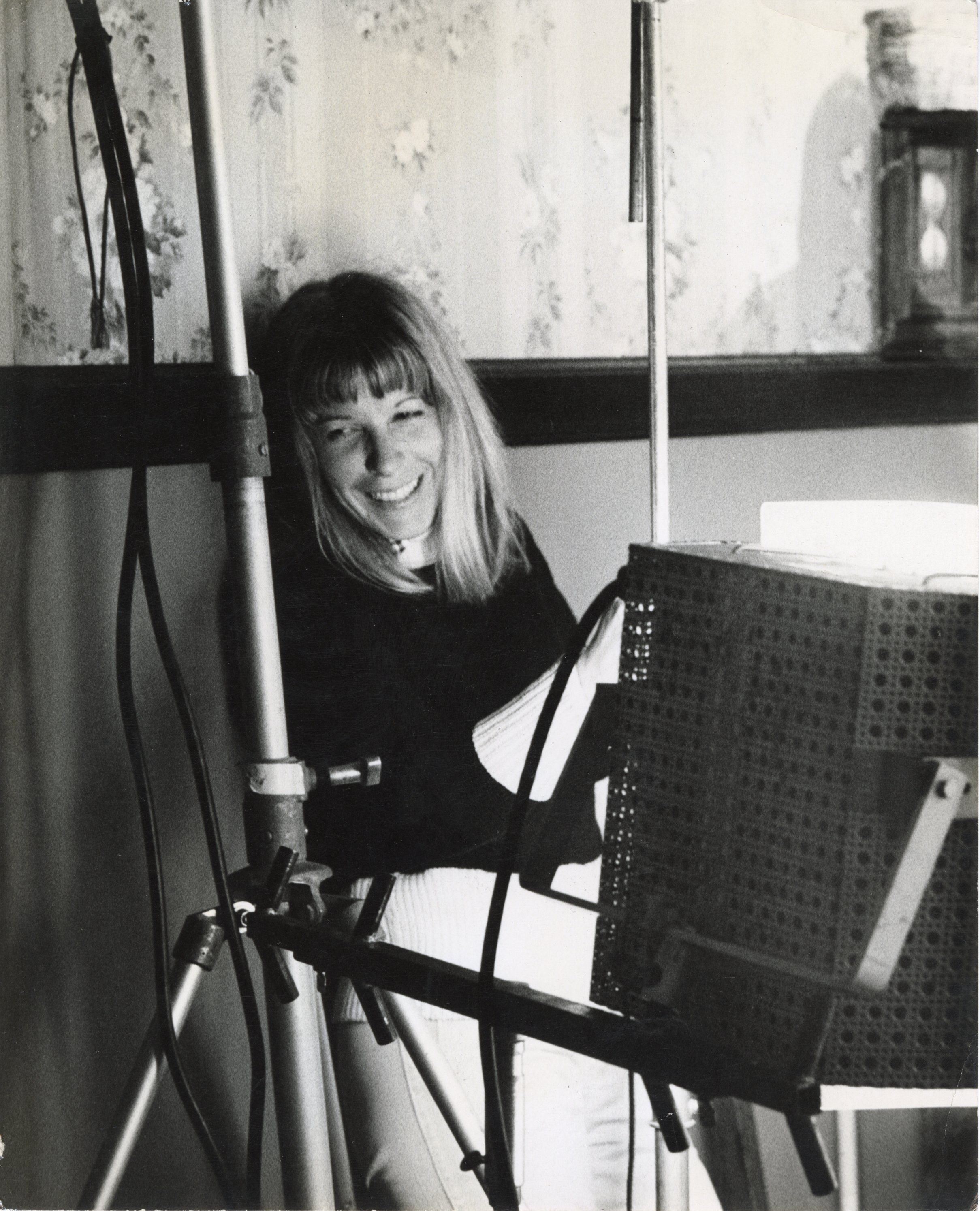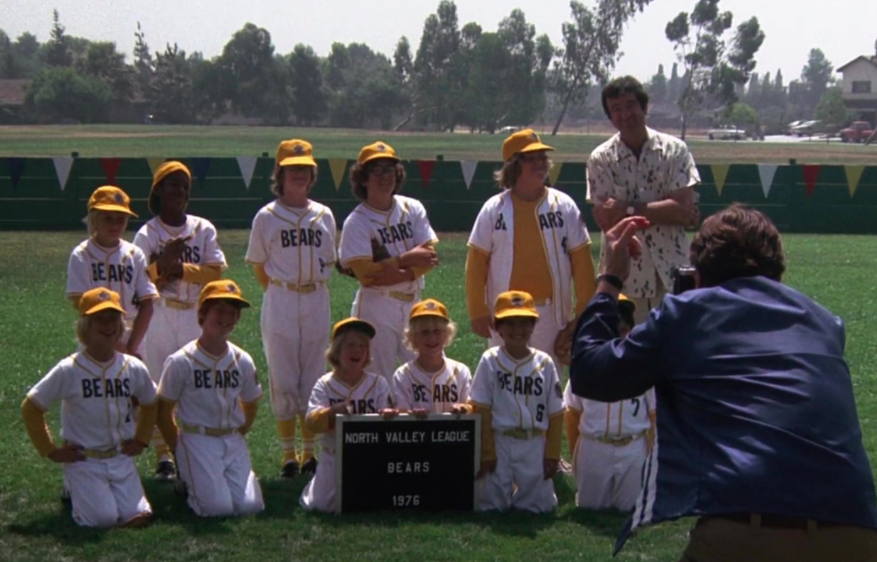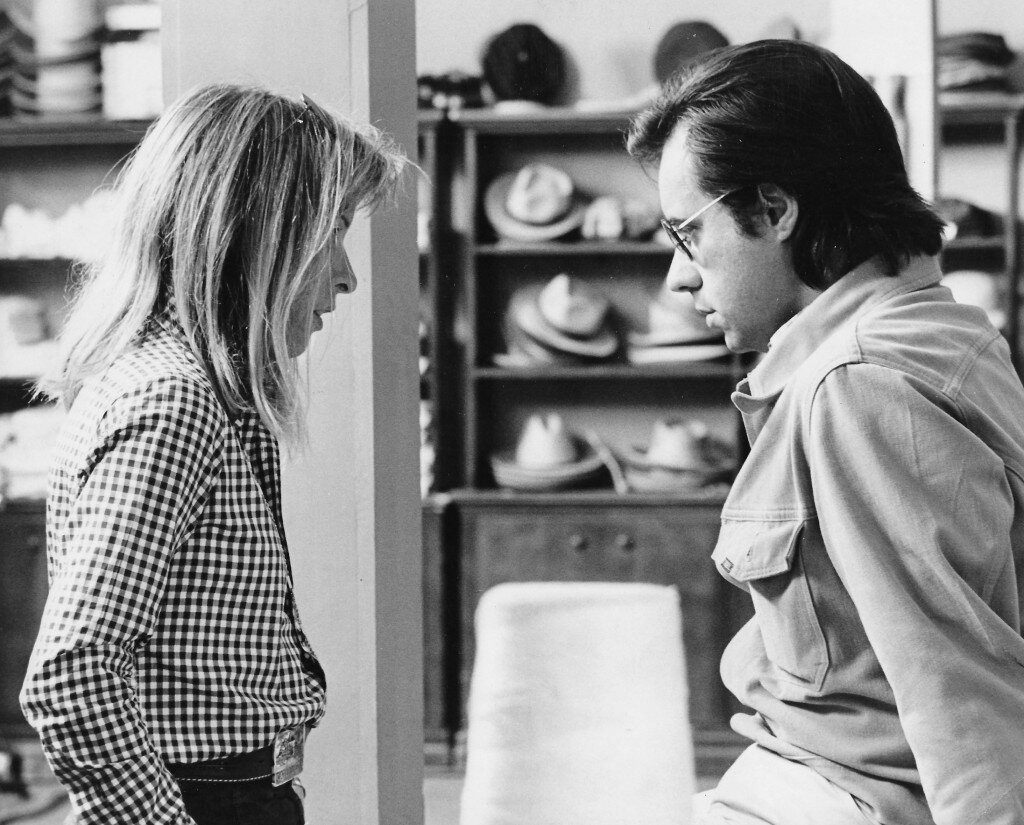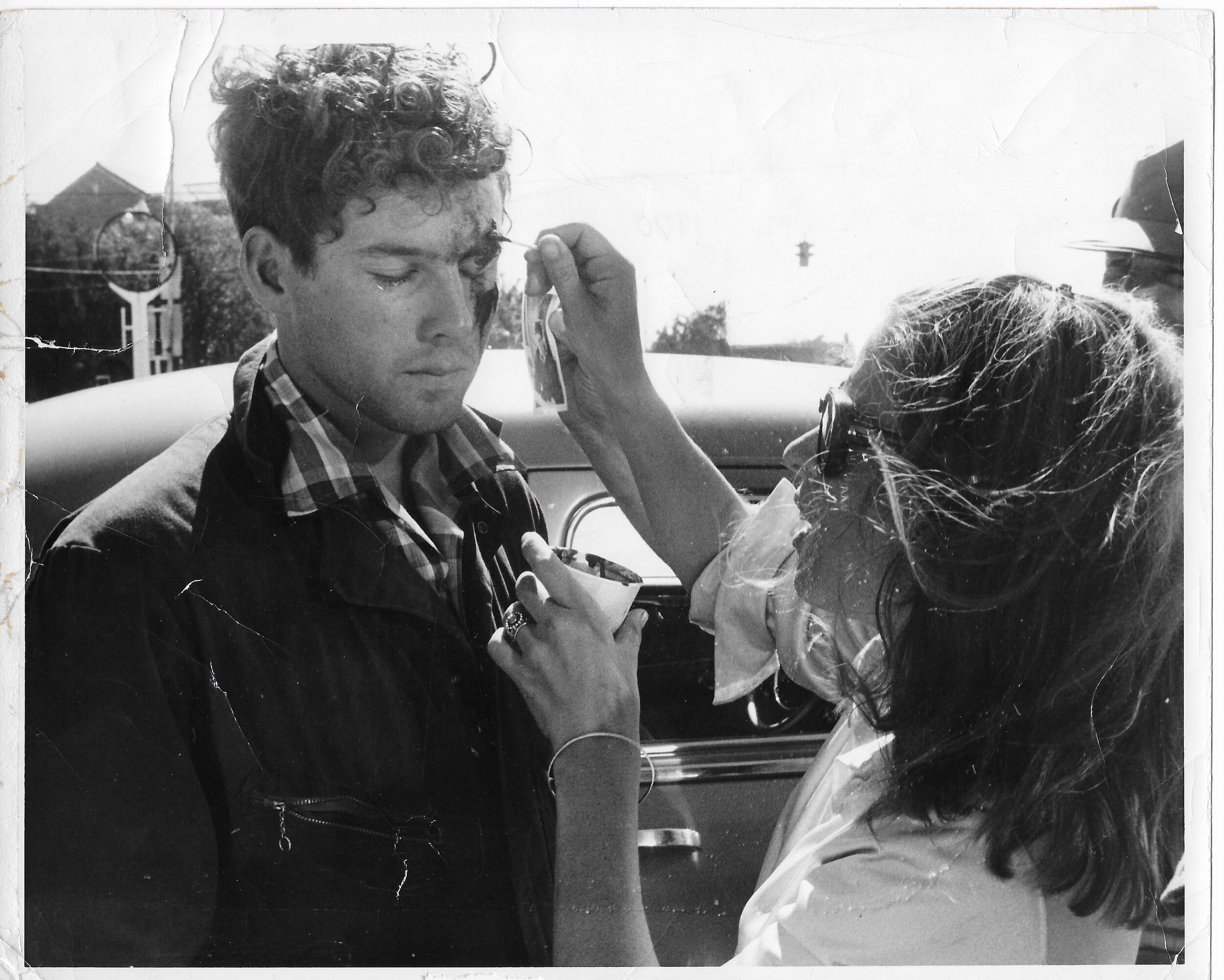Listen to this episode on Apple Podcasts or Spotify.
In the first half of the 1950s, Martin and Lewis mint money as movie stars--and find unique ways to make their access to gangsters payoff--but stardom tears them apart. During this period, Sammy tries to prove himself to a Hollywood that still has little use for Black performers. Then, a horrible accident changes Sammy’s life--and changes his perceived value to the gate-keepers of the entertainment industry.
SHOW NOTES:
Sources for the entire season:
Dino by Nick Tosches
Jerry Lewis In Person by Jerry Lewis and Herb Gluck
In Black and White: The Life of Sammy Davis Jr. by Will Haygood
Yes I Can: The Autobiography of Sammy Davis Jr. by Sammy Davis Jr., Burt Boyar and Jane Boyar
Sammy: An Autobiography by Sammy Davis Jr. and Jane and Burt Boyar
Rat Pack Confidential by Shawn Levy
His Way: The Unauthorized Biography of Frank Sinatra by Kitty Kelley
Deconstructing Sammy: Music, Money, Madness, and the Mob by Matt Birkbeck
Sinatra: The Voice by James Kaplan
Sinatra: The Chairman by James Kaplan
Memories are Made of This by Deana Martin
Brothers: The Hidden History of the Kennedy Years by David Talbot
Making Movies Black by Thomas Cripps
Mafia Spies: The Inside Story of the CIA, Gangsters, JFK, and Castro by Thomas Maier
My Lucky Stars by Shirley Maclaine
Sources specific to this episode:
https://timesmachine.nytimes.com/timesmachine/1952/03/17/issue.html
Please note: as an Amazon Associate Karina earns from qualifying purchases. #ad
Music:
The music used in this episode, with the exception of the intro, was sourced from royalty-free music libraries and licensed music collections. The intro includes a clip from the film Casablanca.
Excerpts from the following songs were used throughout the episode:
"Luca 75” by Vermouth
"Chase and We Follow” by Ray Catcher
"Late Comer” by Cafe Nostro
"Jat Poure" by The Sweet Hots
"Pacing” by TinyTiny Trio
"Gin Boheme” by Vermouth
"Monkeys Spinning Monkeys" by Kevin MacLeod
"Glass Stopper" by Vermouth
"Laser Focus (Piano Improv)" by TinyTiny Trio
"Doghouse" by Warmbody
"Impromptu in Quarter Comma Meantone" by Kevin MacLeod
"Single Still" by Vermouth
"Faster Does It" by Kevin MacLeod
Credits:
This episode was written, narrated, and produced by Karina Longworth.
Our editor this season is Evan Viola.
Research and production assistant: Lindsey D. Schoenholtz.
Social media assistant: Brendan Whalen.
Logo design: Teddy Blanks.














